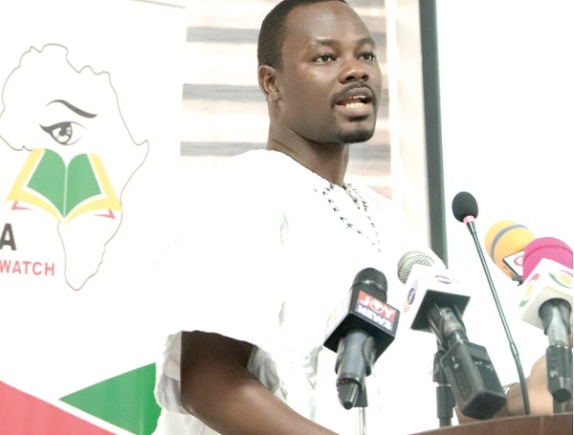
91% Basic schools in Adentan belong to private sector — Study
About 91 per cent of basic schools in the Adentan municipality are private institutions, thereby limiting access to public basic schools by the urban poor, a study has revealed.
It said Adentan had an average class size of 65 at the primary level and 60 in junior high school (JHS) with schools such as AdMA Model Basic School in Ashiyie having up to 80 pupils in some classrooms.
Moreover, it said the percentage of basic school pupils without desks increased from 10 to 20 per cent between 2018 and 2021.
During the period, it said the number of kindergartens (KG) had remained the same, with primary schools increasing by two in Adenta.
There are classrooms under trees in some schools, including the Adentan Community School, located at the heart of the Municipal capital.
“Ghana Education Trust Fund (GETFund) and other basic education projects at Amrahia and Adjiringanor have stalled,” the study said.
Tema
In Tema, the study, conducted by Africa Education Watch and ActionAid Ghana, said 62 per cent of the schools in the metropolis belonged to the private sector.
Again, it said about 10 per cent of pupils lacked desks in basic schools by 2021.
The assembly’s plans to provide a face-lift to schools such as the Tema Community Seven Number One Basic School, it said, could not materialise due to limited District Assemblies Common Fund (DACF) inflows occasioned by the capping.
The study was on the theme, “Tax reforms, education financing and equitable access to public education: Roles of citizens, local and central government.”
It aims at identifying existing tax reforms and their implications on education financing, while making recommendation for increased investment at the basic level.
Presenting the findings of the study, a Senior Programmes Officer at Eduwatch, Divine Kpe, said domestic revenues played a key role in financing education development at the national and local levels.
Recommendations
On recommendations, he said the Ministry of Finance must uncap the GETFund and DACF to free resources for completing stalled GETFund projects in basic and senior high schools and that it must also speed up the operationalisation of the exemptions law.
“The Ministry of Finance must allocate the constitutionally approved share of the Consolidated Fund to the DACF.
The Ministry of Finance must disburse all Annual Budget Funding Amount (ABFA) arrears on the DACF to enable the financing of relevant socio-economic interventions,” it said.
Mr Kpe further urged Parliament to strengthen its oversight on the Ministry of Finance in the allocation and disbursement of the DACF and the GETFund.
A Board Member of Eduwatch, Dorothy Konadu, said the organisation, with support from its development partners, had for the last three years, through different approaches, been instrumental in leading the advocacy to ensure Ghana had the political will that translated the international commitments into budget action.
Society
The Regional Manager of Action Aid, She-Vera Anzagira, said the organisation was looking at a society that would ensure that all children in the country had access to not only quality education, but one that promoted people’s right.
The Administrator of GETFund, Dr Richard Ampofo Boadu, said in spite of all the challenges, the fund would position itself in order to find innovative ways to address them.
The Deputy Director in charge of Administration at the Office of the Head of Local Government Service, Abdul-Jamil Issaka, said the service was key partner in education delivery.
For his part, the Executive Director of Eduwatch, Kofi Asare, said Tema and Adenta were selected for unique reasons.
“Tema because it represents one of the metropolitan assemblies. But Adenta is unique because it is a municipality where about 90 per cent schools belong to private owners,” he said.
